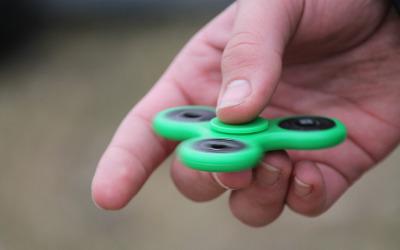Living Well
Our work addresses complex challenges from preventing and curing physical diseases such as prostate cancer and diabetes to empowering people to live well into later life, supporting emotional and mental wellbeing and suicide prevention. Through our research, we help people cope with grief, improve their relationships and health at work, embrace spirituality for healing and support the people facing the most significant adversity across the globe.
We believe everyone has the right to live well while acknowledging that distress, pain and suffering are also part of the human condition.
Open University researchers work here because they believe in our social mission and live that mission through applied collaborative research.
This multidisciplinary research community applies expertise from health and life sciences to psychology, sociology and computer science to help people live well worldwide in whatever their circumstances. In a post-pandemic world, it has never been more evident that ensuring safety and security for the most vulnerable, building communities, tackling taboos and supporting emotional, mental and economic wellbeing are also essential to our physical health and society.
Our work addresses complex challenges from preventing and curing physical diseases such as prostate cancer and diabetes to empowering people to live well into later life, supporting emotional and mental wellbeing and suicide prevention. Through our research, we help people cope with grief, improve their relationships and health at work, embrace spirituality for healing and support the people facing the most significant adversity across the globe.



